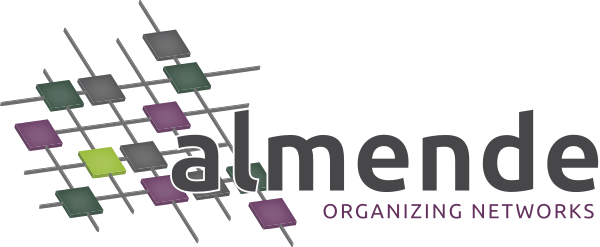
Privacy preserving cross-organizational data analysis in the healthcare sector
Duration: 11/2021 – 10/2024 Funding: ITEA 3
Secur-E-Health
The Netherlands is one of the countries with the highest health expenditure as a percentage of GDP. Health spending is not only high, but has been rising steadily for the past six years. COVID-19 has only made this matter worse, pushing the care system in the Netherlands to its limits. Long waiting lists and patients going abroad have a negative economic and societal impact for the Netherlands. The market calls for solutions for data-driven healthcare that support healthcare workers in their daily tasks, but in practice these solutions are often limited by the highly compartmentalized fashion in which the care system is organised. Various ‘islands’ exist, across which it is hard – if not impossible – to share data and insights that may optimize treatment choice and speed the recovery process.
The goal of Secur-e-Health is to apply multi-party computation and other cryptographic tools to enable different sources of health data (e.g. hospitals, insurance companies, patients) to be combined in a cryptographically safe and secure way, enabling decision support algorithms to be trained on multiple clinical datasets, and overcoming current challenges on cross-organizational learning.
In practice, this means that the data itself will not be shared outside of the organization that owns it; instead, techniques will be applied that allow for the sharing of insights about the data, but not the data itself.
Finally, the goal is to create explainable algorithms based on the data which can be used for clinical decision support. The Dutch project will focus mainly on the use case of cardiovascular diseases, though the goal is to create a solution which is broadly applicable (also to other diseases).
Contribution
Results
The goal of this project is to integrate new approaches for digital ID technologies and privacy-preserving analysis techniques in a secure system infrastructure. We expect that we will be able to use similar techniques in other sectors where learning involves sensitive data which exists across multiple organizations.
More info?
Need specific information regarding the project? Please contact our senior consultant for more information.


